MES系统在食品追溯管理中的应用
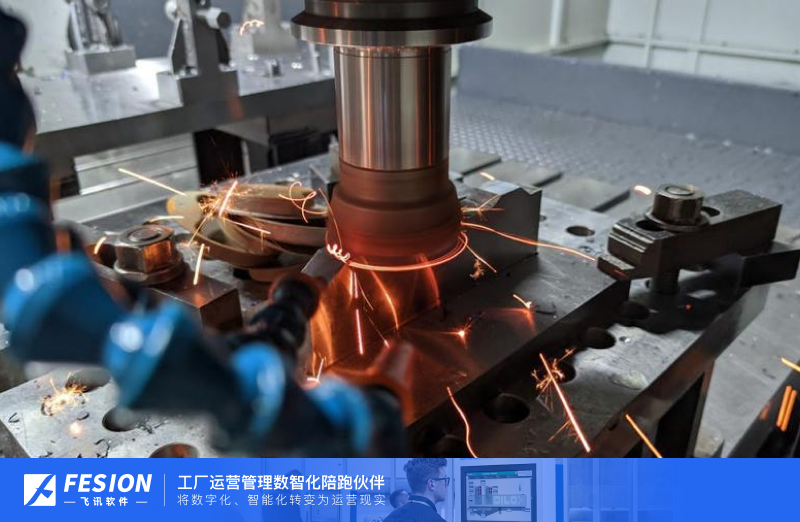
Title: The Application of MES System in Food Traceability Management
Introduction:
In recent years, the concept of food safety has gained increasing attention from both consumers and regulators. Ensuring the safety and quality of food products has become a critical task for food manufacturers. To address this challenge, the utilization of Manufacturing Execution Systems (MES) has emerged as an effective solution. This article will explore the application of MES systems in food traceability management from multiple perspectives.
1. Enhancing Product Quality:
Implementing a MES system can significantly enhance product quality in the food industry. By integrating with various data collection points, such as sensors and barcode scanners, MES systems enable real-time monitoring of the production process. Any deviation from predetermined specifications can immediately trigger an alert, allowing corrective actions to be taken promptly. This not only reduces the possibility of producing defective products but also ensures compliance with quality standards.
2. Ensuring Food Safety:
Food safety is paramount in the industry, as even a single case of contamination can have severe consequences. MES systems provide comprehensive traceability capabilities, enabling the precise tracking of ingredients and raw materials throughout the entire supply chain. By recording information such as batch numbers, expiration dates, and supplier details, these systems make it easier to identify the source of any potential contamination and facilitate targeted recalls if necessary. Furthermore, through automated data collection, MES systems can reduce human errors and ensure accurate documentation, which is crucial for regulatory compliance.
3. Streamlining Operations:
Efficient operation management is essential for maintaining competitiveness in the food industry. MES systems offer valuable features that streamline key operational processes. By automating data collection and analysis, they eliminate manual paperwork, reduce processing time, and increase overall efficiency. Real-time visibility into production metrics, such as yield rates and equipment performance, enables managers to make data-driven decisions and optimize resource allocation. Additionally, MES systems provide scheduling and planning functionalities, allowing for better coordination between different production units and minimizing downtime.
4. Building Consumer Trust:
Today's consumers are increasingly conscious about the origins and quality of the food they purchase. MES systems can play a crucial role in building consumer trust by providing transparent and reliable information. With integrated labeling capabilities, these systems enable accurate and up-to-date labeling of products, including nutritional information, allergen warnings, and country of origin. This ensures that consumers have access to the information they need to make informed choices and enhances their confidence in the brand's commitment to food safety and quality.
5. Meeting Regulatory Requirements:
The food industry is subject to strict regulations to protect consumer health and safety. Compliance with these regulations is not only necessary but also critical for avoiding penalties and maintaining business continuity. MES systems simplify regulatory compliance by automatically capturing and recording data related to production, quality control, and traceability. These systems can generate reports and documentation required for audits, inspections, and certifications, ensuring that manufacturers adhere to the necessary standards.
Conclusion:
The use of MES systems in food traceability management offers extensive benefits to food manufacturers. From enhancing product quality and ensuring food safety to streamlining operations and meeting regulatory requirements, this technology serves as a powerful tool. As the demand for safe and high-quality food continues to grow, it is crucial for businesses to adopt cutting-edge solutions like MES systems to remain competitive and meet the expectations of both consumers and regulators.
��Ѷ���������2006�꣬ӵ�������з����뿪��ƽ̨����һ�Ҽ���Ӫ�������졢�ɹ���ȫ��·���ǻ��������Ʒ����̺ͷ����̡���Ʒ�������ֻ����䡢����������������������˾��MRO��ERP��MES��WMS��CRM��SRM�Ȳ�ƷΪ������Ϊ�ͻ��ṩ���ǻ��������巽���滮��������ܷ�����Χ���������Ǻͳ����ǵ����������ڰ����ͻ������к�ʵ�ʳ������ɴ��С��ɴ��µ����ֻ���Ӫ��ϵ�������������Ϣ�����������ֻ��;������ܻ��������⣬Ϊ��ͬ��ҵ����ͬ��ʵ�ֲ�ͬ�ľ�ӪĿ�ꡣ



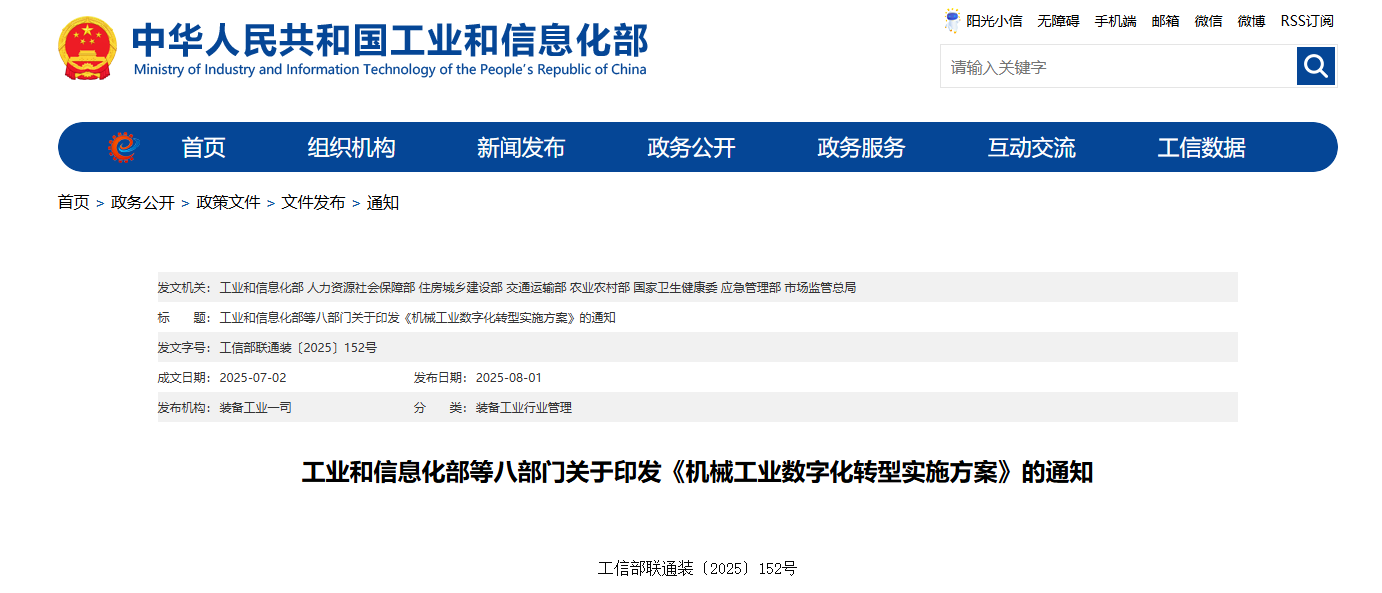

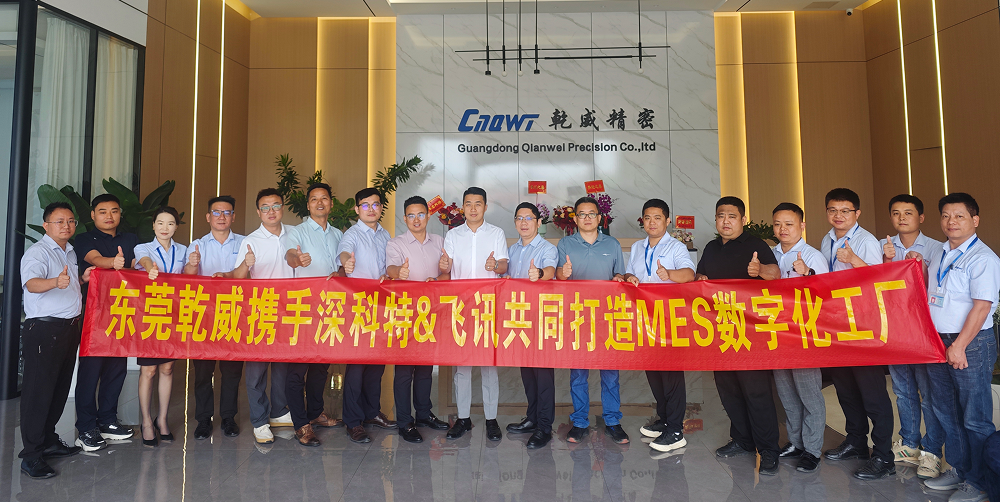




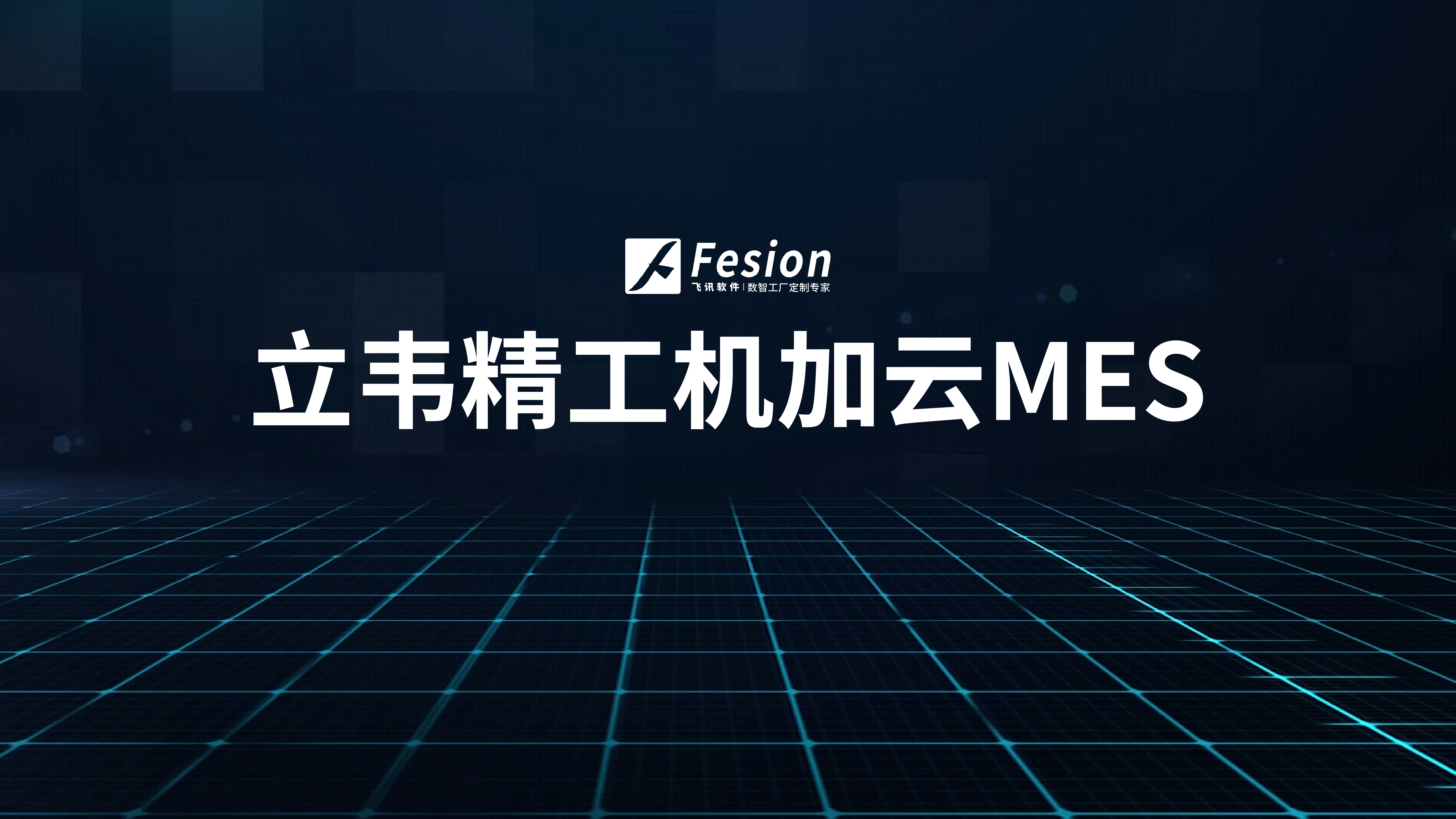
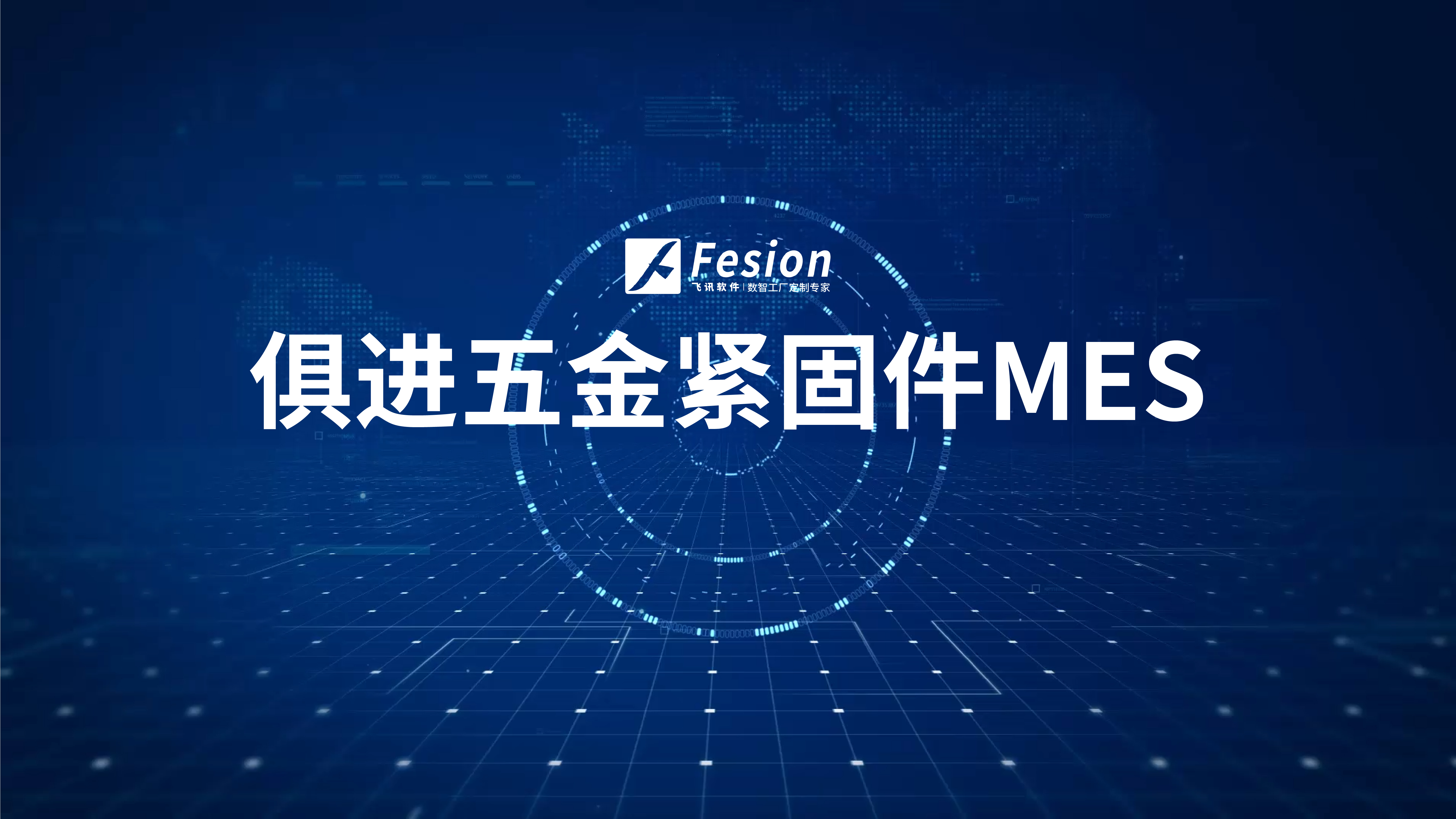
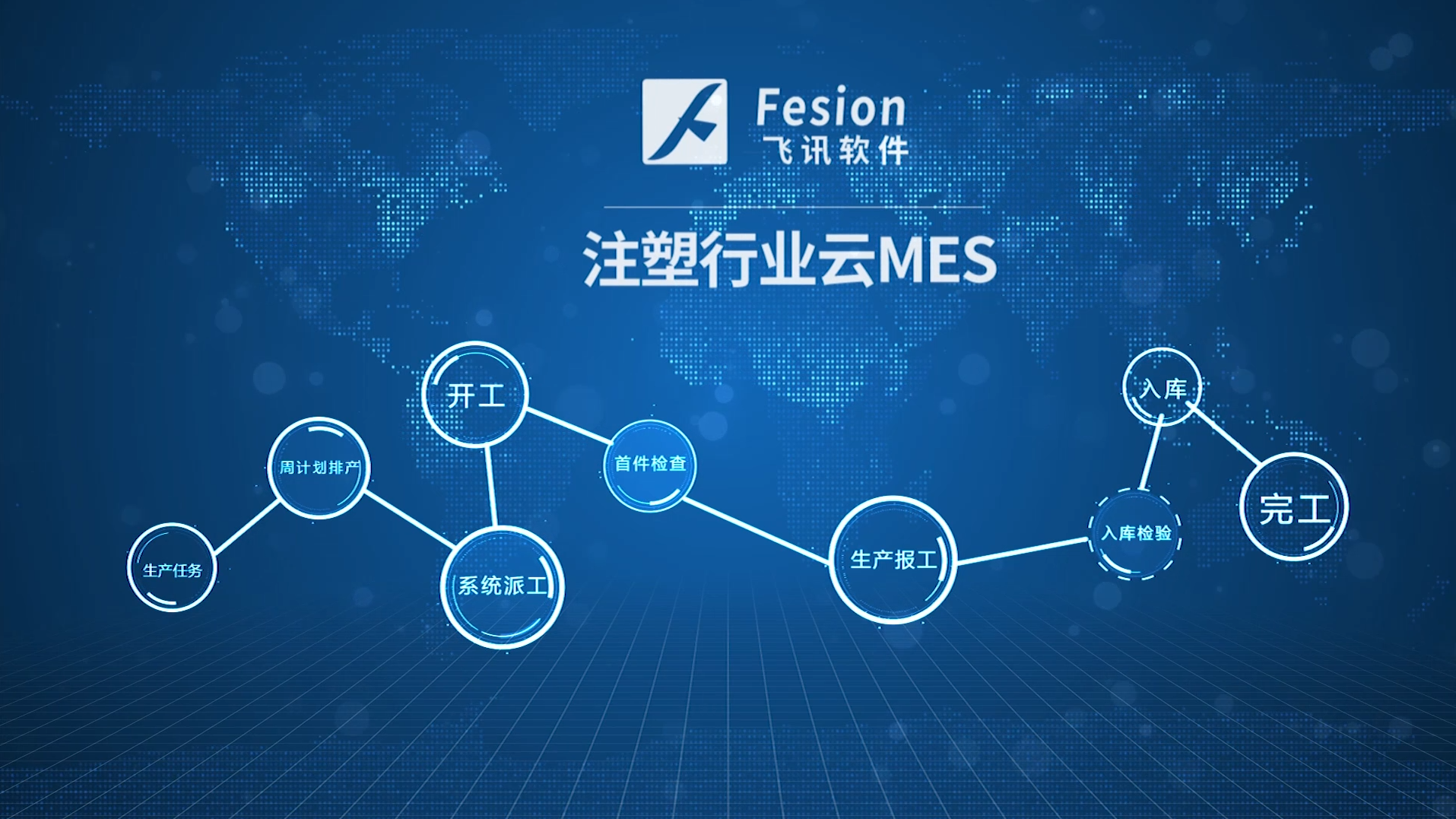










请先 登录后发表评论 ~